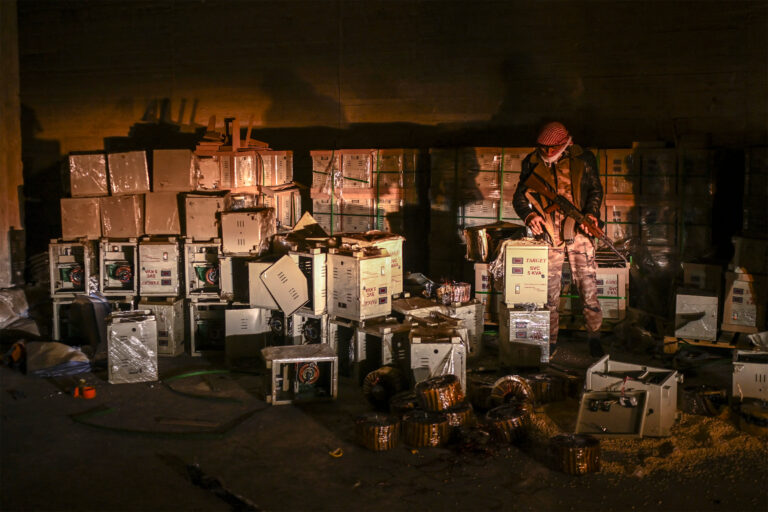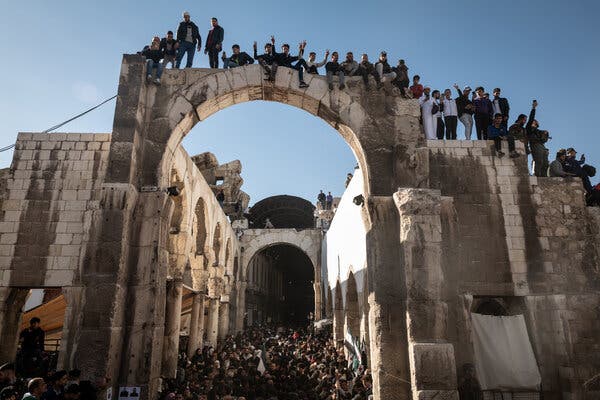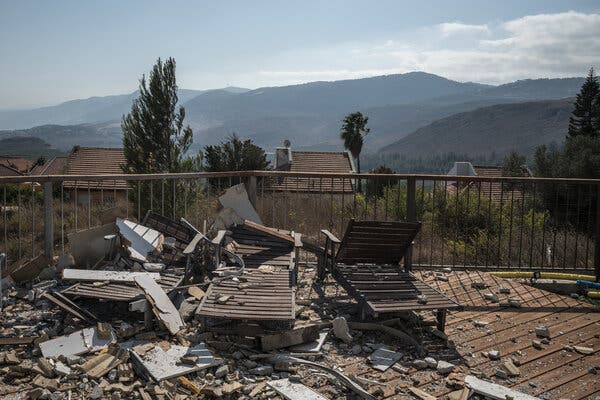News Analysis
Hezbollah has repeatedly said it intends to continue fighting until there is a cease-fire in Gaza, while Israel wants the powerful Lebanese militia to pull back permanently from the border.

The proposal for a three-week cease-fire between Israel and Hezbollah would be hard for either side to accept because it falls short of their respective conditions for a truce, according to analysts.
Hezbollah’s leaders have repeatedly said they will continue to fight until there is a cease-fire in Gaza between Israel and Hamas, an ally of the armed group that is also backed by Iran. Pausing its own war with Israel while Hamas fights on would expose Hezbollah to criticism from its most ardent supporters that it was abandoning its principles and an ally.
Israeli leaders also want more than a short period of calm along their northern border. They have often spoken about seeking a fundamental change to the security dynamic in the border areas, where Hezbollah and Israel have traded missile fire since October after the Lebanese militia began firing at Israeli positions in solidarity with Hamas.
More than 60,000 Israelis have fled their homes in northern Israel over the past year, while hundreds of thousands of Lebanese civilians have displaced from southern Lebanon. To give displaced Israelis the confidence to return home, Israel wants Hezbollah’s fighters to permanently withdraw from the border — and to stop firing rockets at Israeli communities.
“Israel doesn’t want a temporary cease-fire solution that doesn’t meet their needs and means that in two years’ time they have to do this all over again,” said Michael Stephens, a Middle East expert at the Royal United Services Institute, a London-based research group. “Their thinking is: Why negotiate a 21-day cease-fire for good P.R. when it addresses none of their security concerns that led to this point?”
Hezbollah has given no indication that Israel’s recent attacks, which have included targeted killings of high-level members of the militia and widespread airstrikes that have killed hundreds of people in Lebanon this week, have changed its position.



